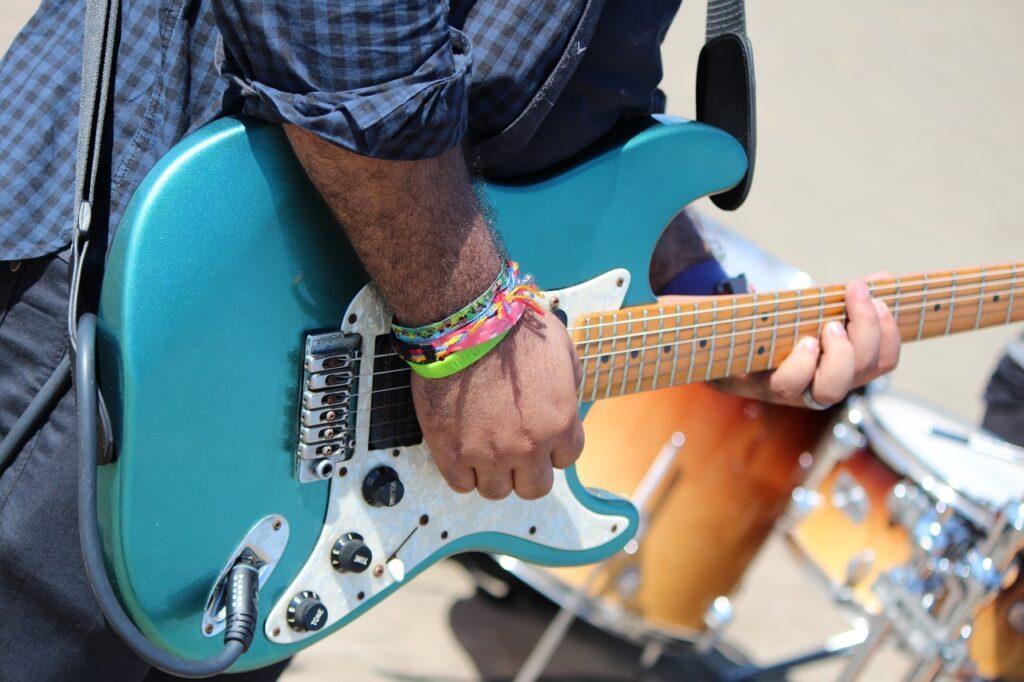To start our discussion on improvising vs composing music, we’ll first define improvisation.
- Simply put, when you improvise, you’ll make the music up on the spot.
- Improvised music will change each time you play.
- That means, you won’t have musical elements that repeat from performance to performance.
For my students, I don’t teach improv out of a book.
- On piano, I usually start by playing a I vi IV V chord progression in C major.
- Also, I use a triplet feel for the classic rock n’ roll sound or do the Heart and Soul vamp.
- I’ll have the student play single notes on the white keys on the keyboard.
Then, I tell the student, “These will be your rules for improvising:
- If it sounds good, do it again.
- If it doesn’t sound good, don’t do it again, or figure out how to make it sound good.”
- The kids usually laugh when I say this, but its purpose is to get them to listen and react.
In addition, I do the same type of thing when teaching improv to students studying other instruments.


